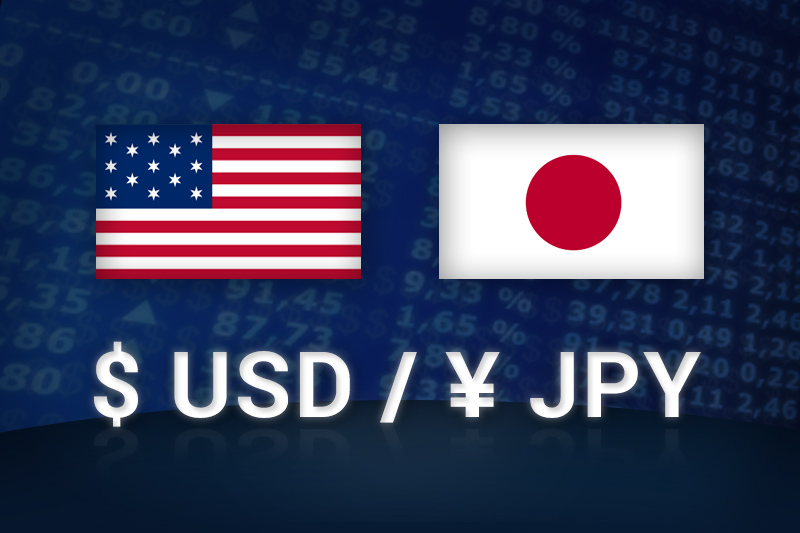Investing.com - The U.S. dollar was steady against the yen on Thursday, as sustained concerns over the handling of the financial crisis in the euro zone supported safe haven demand while hints of further monetary easing by the Bank of Japan slightly pressured the yen.
USD/JPY hit 79.41 during early European trade, the session low; the pair subsequently consolidated at 79.43, easing 0.06%.
The pair was likely to find support at 7909, the low of May 21 and resistance at 79.84, the high of February 21.
Market sentiment weakened after Wednesday’s informal summit of European Union leaders shed no new light on how the euro zone nations intend to tackle their debt crisis, including the threat of Greece's possible exit from the monetary union.
EU leaders did urge Greece to pursue austerity measures, however, and complete the reforms demanded under its bailout program.
The leaders also failed to agree on the introduction of euro bonds, an initiative defended by new French President Francois Hollande but that Germany continues to reject, arguing that it would lessen pressure for heavily indebted countries to get their finances in order.
Meanwhile, the yen’s gains were limited after Bank of Japan Governor Masaaki Shirakawa said the central bank will continue efforts to beat deflation with its asset-buying program, its key monetary easing tool.
In its monthly report, the BoJ kept its overall assessment of the economy unchanged in May but shifted to slightly more optimistic language, saying that evidence is mounting of a shift towards a pick up.
The yen was higher against the euro with EUR/JPY edging down 0.14%, to hit 99.97.
Later in the day, the U.S. was to release official data on core durable goods orders and unemployment claims, followed by a preliminary report on manufacturing activity.
USD/JPY hit 79.41 during early European trade, the session low; the pair subsequently consolidated at 79.43, easing 0.06%.
The pair was likely to find support at 7909, the low of May 21 and resistance at 79.84, the high of February 21.
Market sentiment weakened after Wednesday’s informal summit of European Union leaders shed no new light on how the euro zone nations intend to tackle their debt crisis, including the threat of Greece's possible exit from the monetary union.
EU leaders did urge Greece to pursue austerity measures, however, and complete the reforms demanded under its bailout program.
The leaders also failed to agree on the introduction of euro bonds, an initiative defended by new French President Francois Hollande but that Germany continues to reject, arguing that it would lessen pressure for heavily indebted countries to get their finances in order.
Meanwhile, the yen’s gains were limited after Bank of Japan Governor Masaaki Shirakawa said the central bank will continue efforts to beat deflation with its asset-buying program, its key monetary easing tool.
In its monthly report, the BoJ kept its overall assessment of the economy unchanged in May but shifted to slightly more optimistic language, saying that evidence is mounting of a shift towards a pick up.
The yen was higher against the euro with EUR/JPY edging down 0.14%, to hit 99.97.
Later in the day, the U.S. was to release official data on core durable goods orders and unemployment claims, followed by a preliminary report on manufacturing activity.
